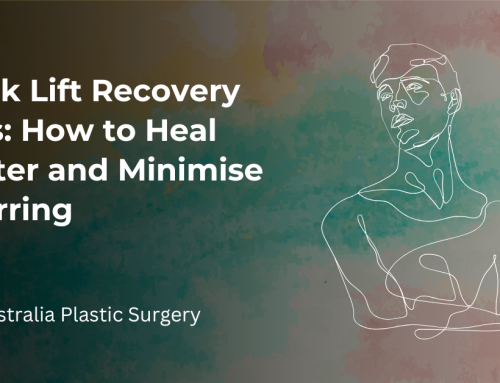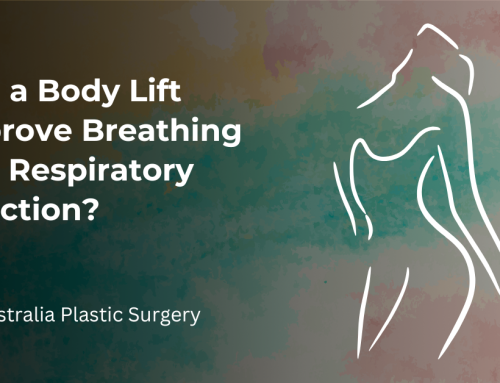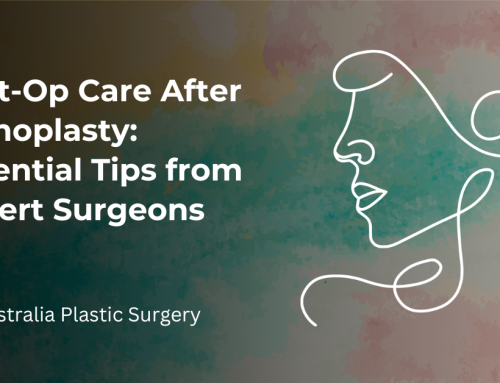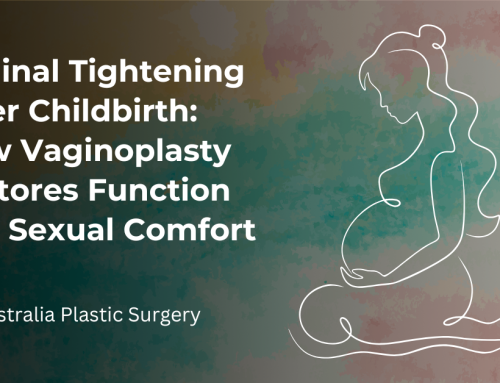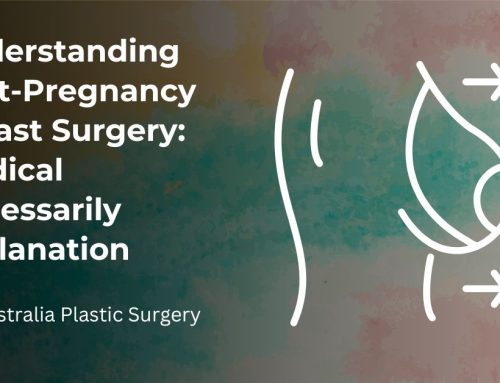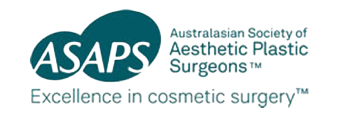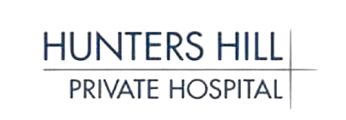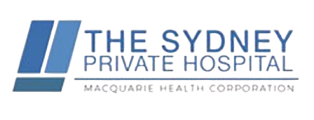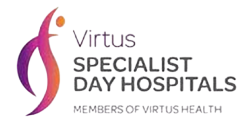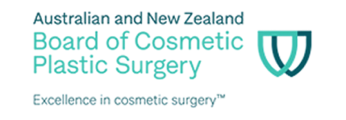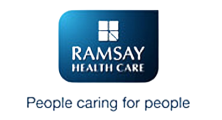Rhinoplasty, commonly known as a nose job, is a surgical procedure aimed at enhancing the appearance or function of the nose. Whether performed for cosmetic reasons or to improve breathing, proper post-operative care is crucial to ensure a smooth recovery and achieve the desired results. This guide outlines key precautions to follow after rhinoplasty.
1. Avoid Touching or Rubbing the Nose
The nose is particularly sensitive following surgery. Touching, rubbing, or pressing on the nose can disrupt the healing process and affect the final outcome. It’s essential to refrain from any unnecessary contact with the nose during the initial recovery period.
2. Refrain from Blowing Your Nose
Blowing your nose can create pressure that may lead to bleeding or disrupt the surgical site. Patients are advised to avoid blowing their nose for at least 3 weeks after surgery. If sneezing is unavoidable, do so with your mouth open to minimize pressure on the nasal passages.
3. Limit Physical Activity
Engaging in strenuous activities can increase blood flow to the nose, leading to swelling and potential complications. It’s recommended to avoid heavy lifting, intense exercise, and other strenuous activities for at least 4-6 weeks post-surgery. Always consult your surgeon before resuming physical activities.
4. Sleep with Your Head Elevated
Sleeping with your head elevated helps reduce swelling and promotes proper healing. Use extra pillows or a wedge to keep your head raised while sleeping, especially during the first 2 weeks after surgery. Avoid sleeping on your side or stomach to prevent pressure on the nose.
5. Avoid Sun Exposure
The skin on your nose is more sensitive after surgery. Exposure to sunlight can cause pigmentation changes and increase swelling. It’s advisable to avoid direct sun exposure for at least 3 months following surgery. When outdoors, wear a wide-brimmed hat and apply a broad-spectrum sunscreen with an SPF of 30 or higher to protect the area.
6. Refrain from Using Straws
Sucking through a straw can create pressure in the nasal area, potentially affecting the healing process. Avoid using straws for drinking in the first 2-3 weeks after surgery. Opt for drinking directly from a glass during this period.
7. Avoid Swimming
Swimming exposes the surgical site to water, which can introduce bacteria and irritate the healing tissues. It’s recommended to avoid swimming, especially in pools or hot tubs, for at least 4 weeks after surgery. Consult your surgeon before resuming swimming activities.
8. Avoid Smoking and Alcohol Consumption
Smoking and alcohol can impair the healing process by reducing blood flow and increasing the risk of complications. It’s advisable to refrain from smoking and consuming alcohol for at least 2-3 weeks after surgery. If you smoke, consider seeking support to quit, as smoking can significantly hinder the healing process.
9. Be Cautious with Medications
Certain medications, such as aspirin and ibuprofen, can increase the risk of bleeding. Avoid taking these medications unless prescribed by your surgeon. Always inform your healthcare provider of any medications you’re taking to ensure they don’t interfere with the healing process.
10. Avoid Hot Showers and Steaming
Hot water and steam can increase swelling and discomfort in the healing nose. It’s recommended to avoid hot showers, saunas, and steam rooms for at least 2-3 weeks after surgery. Use lukewarm water for showering and avoid direct steam exposure.
11. Avoid Overexertion
Physical overexertion can lead to swelling and may hinder the healing process. Avoid activities that could cause you to strain or exert yourself, including bending down excessively or lifting heavy objects, for at least 4-6 weeks after surgery. Consult your surgeon about when it’s safe to resume your normal routine.
12. Follow Post-Operative Instructions
Your surgeon will provide specific aftercare instructions tailored to your surgery. It’s crucial to adhere to these guidelines to minimize risks and ensure the best possible outcome. Attend all follow-up appointments and communicate any concerns or unusual symptoms to your healthcare provider promptly.
Conclusion
Adhering to these post-operative care guidelines is essential for a successful recovery after rhinoplasty. Always consult with your surgeon for personalized advice and follow their instructions closely. Remember, your health and safety are paramount, and proper care will help you achieve the best possible results from your surgery.
For more information on rhinoplasty and other cosmetic procedures, visit Australia Plastic Surgery. Their team of experienced surgeons provides comprehensive care and guidance throughout your surgical journey.

